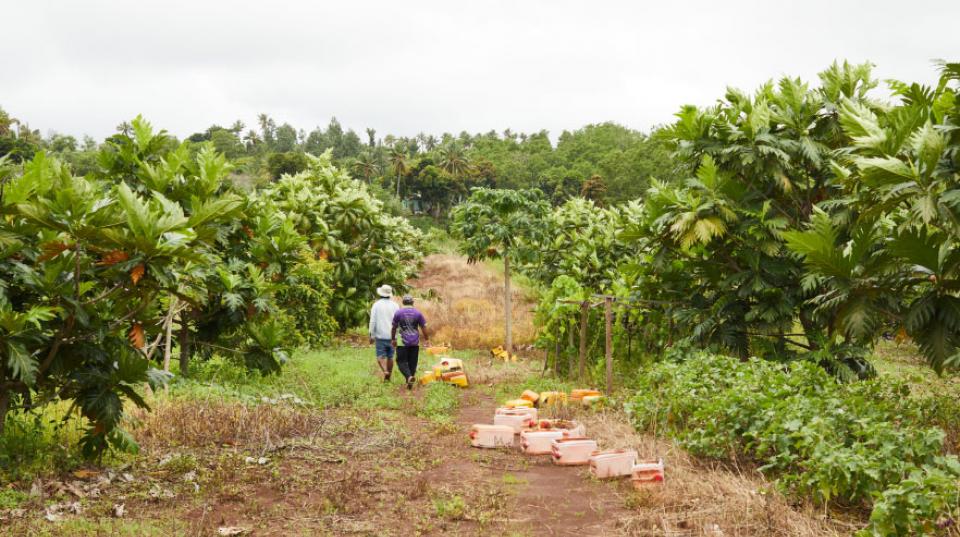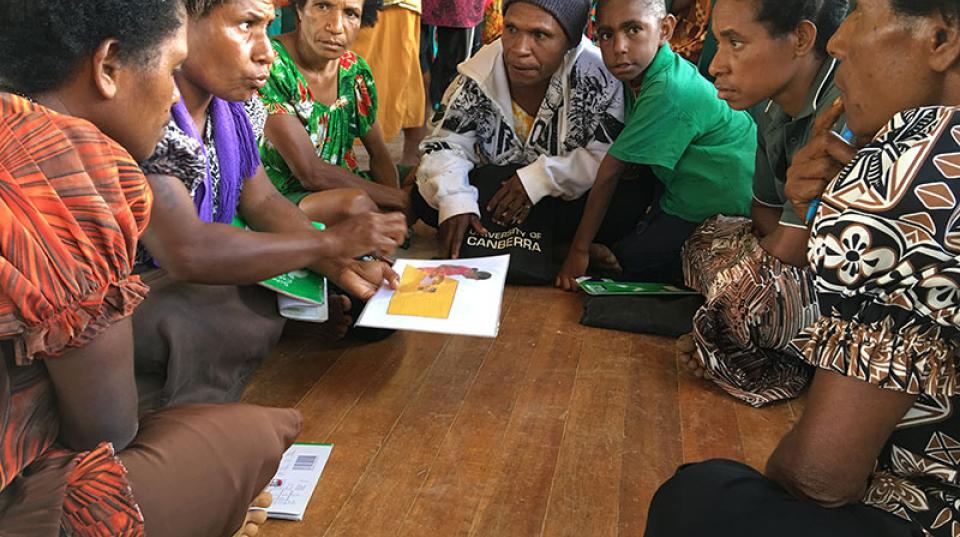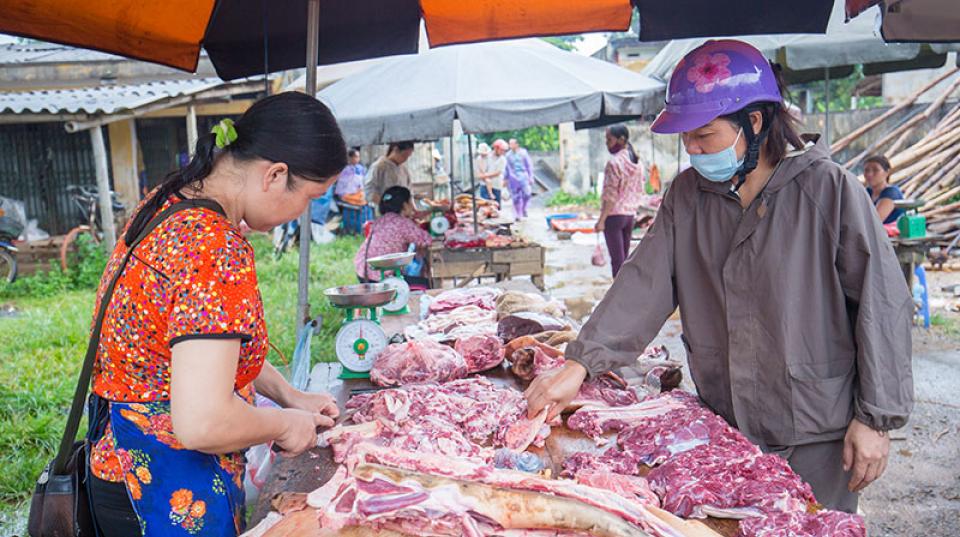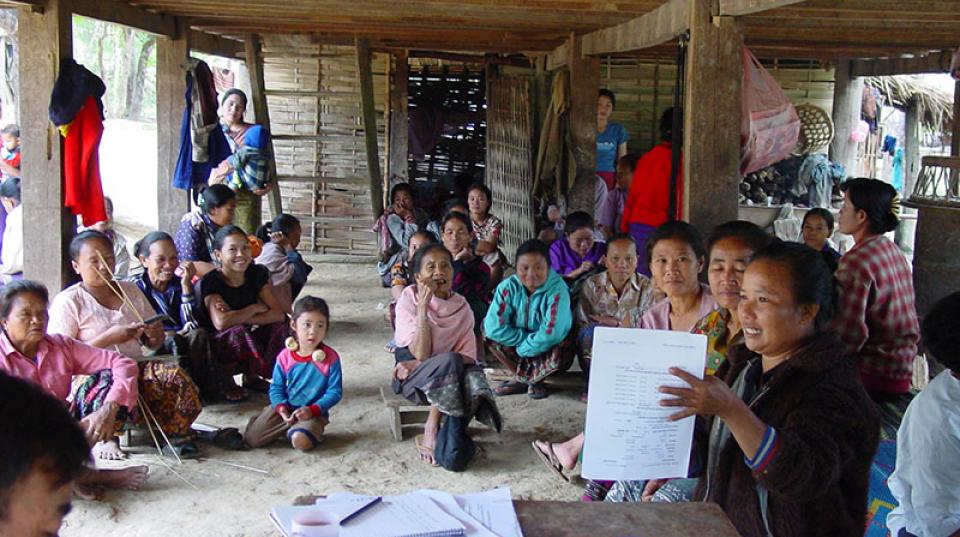Overview
This project aimed to identify and improve the transferability of agricultural skills and knowledge between Australia and the Pacific and support innovative skills and knowledge transfer for climate change adaptation in agriculture.
Pacific Island food production systems are highly exposed to multiple socio-economic and environmental risks. Since the 1980s, the region has experienced substantial declines in domestic fresh vegetable production, paralleled by increases in low-nutrient and high-calorie food. This has created a food systems context where some countries, like Papua New Guinea, have significant micro-nutrient deficiencies, while others like Samoa and Tonga, have some of the world's highest rates of non-communicable diseases.
Stage 2 of the ACIAR COVID19 assessment on Pacific Islands food systems found a high interest in increasing domestic food production. The closure of borders, reduction of tourism, and unemployment increase have further stimulated a narrative of increasing national fresh food production in Pacific Island countries. Complementary studies have found an interest in finding ways to reinstate customary farming practices. In parallel to COVID-19, ACIAR also confirmed that climate change adaptation and resilience remain core to recovery strategies from COVID-19 through agriculture. The disruption caused by COVID-19 has created opportunities for ACIAR to consider new modalities to support farmers in developing innovative skills and food systems knowledge through innovative research for development.
This research will take a case study approach to understand barriers and enablers for agricultural skills and knowledge exchange between Pacific Islander and Australian farmers. This research project will analyse the different agri-food systems skills and knowledge acquired across selected value chains through interviews and focus group discussions with workers in Australia and selected Pacific countries. It will identify opportunities for learning, capacity development and knowledge exchange between countries to support future food systems resilience in the Pacific Islands region.
Project outcomes
- Analysing cases where skills and knowledge gained from participation in the SWP and/or PLS are being applied in up to three Pacific islands with different agro-climatic contexts.
- Identifying the factors which prevent and underpin the success of skills and knowledge exchanges and transfers between PICs and Australia, and exploring opportunities for enhancing learning of innovative practices (such as regenerative or ‘climate smart’ adaptation).
- Synthesizing the types of food production value chain skills that can be enhanced and transferred for improving and innovating Pacific value chains (production, harvesting, packaging, logistics, food losses, marketing).






